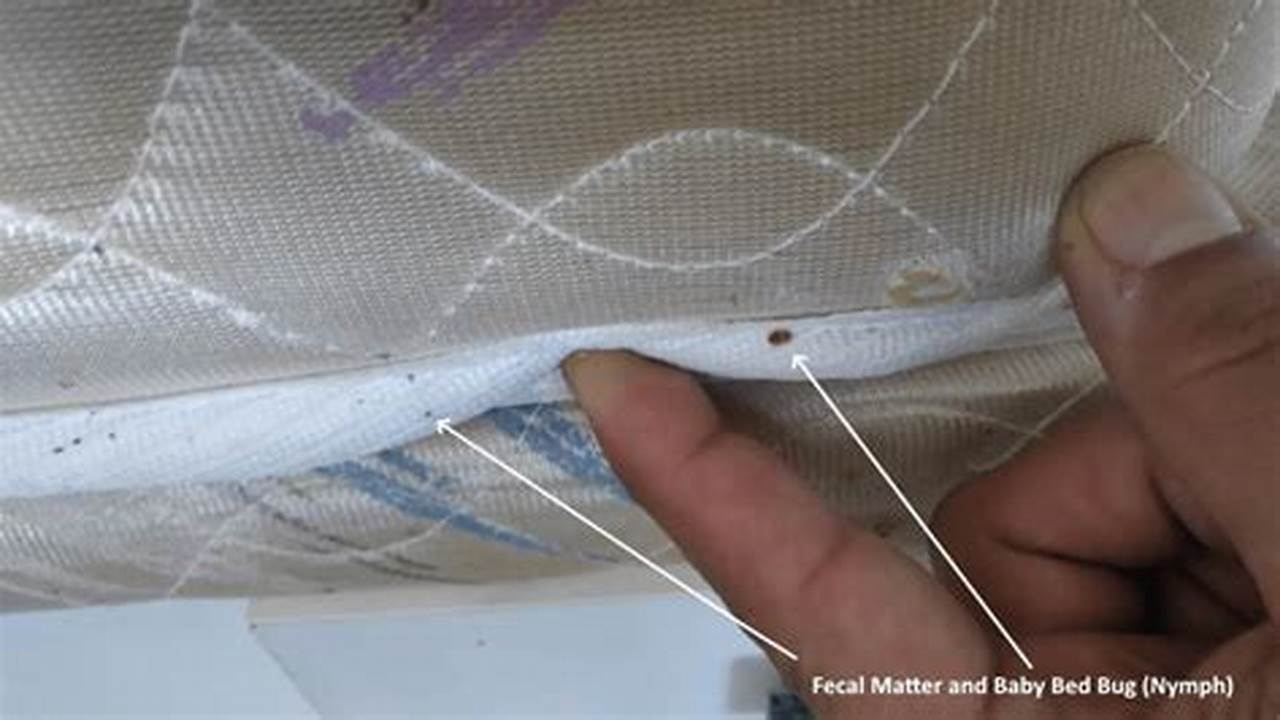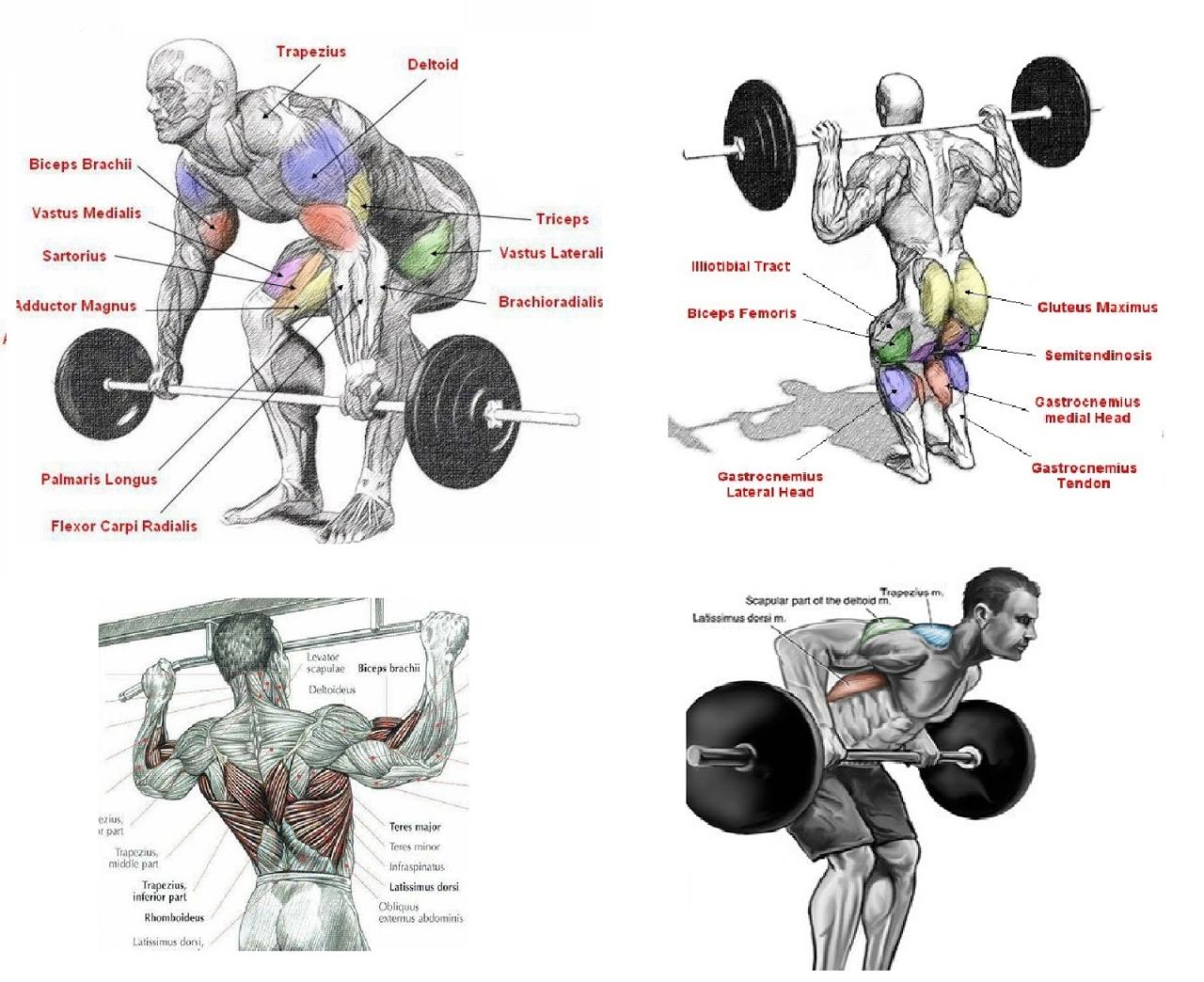
Bed bug treatment in Dunedin is a crucial service for addressing infestations of these resilient pests. These treatments involve a range of methods, including chemical treatments, heat treatments, and non-chemical approaches, to effectively eliminate bed bugs and prevent their recurrence.
Bed bugs have become increasingly common in recent years, and their bites can cause skin irritation, allergic reactions, and psychological distress. Infestations can be challenging to control due to the bugs’ ability to hide in small crevices and reproduce rapidly.
Professional bed bug treatment services in Dunedin offer comprehensive solutions to eradicate infestations. These services typically involve a thorough inspection of the affected area, identification of the infestation’s extent, and implementation of a customized treatment plan. The choice of treatment method depends on factors such as the severity of the infestation, the type of surfaces involved, and the presence of sensitive individuals or pets.
Bed Bug Treatment Dunedin
Bed bug treatment in Dunedin encompasses various essential aspects that contribute to its effectiveness and significance. Here are five key aspects that delve into different dimensions of this topic:
- Thorough Inspection: A meticulous examination is crucial to identify the extent of the infestation and determine the most appropriate treatment approach.
- Customized Treatment: Tailored treatment plans are essential to address the specific needs of each infestation, considering factors such as the severity and location of the infestation.
- Chemical Treatments: Chemical treatments involve the application of insecticides to eliminate bed bugs and their eggs. These treatments are typically highly effective but may require multiple applications.
- Heat Treatments: Heat treatments utilize high temperatures to kill bed bugs and their eggs. This method is often used in conjunction with chemical treatments for maximum effectiveness.
- Non-Chemical Approaches: Non-chemical approaches, such as vacuuming, steam cleaning, and mattress encasements, can be used to complement other treatment methods and prevent re-infestation.
These key aspects collectively contribute to the successful treatment of bed bug infestations in Dunedin. A comprehensive understanding of these aspects enables effective pest management, protects public health, and ensures the well-being of individuals and communities.
Thorough Inspection
In the context of bed bug treatment in Dunedin, thorough inspection serves as the cornerstone for effective pest management. It is the initial and indispensable step that enables pest control professionals to accurately assess the severity and extent of the infestation. This assessment forms the basis for developing a customized treatment plan tailored to the specific needs of each case.
During the inspection, technicians meticulously examine all areas where bed bugs are likely to hide, including mattresses, box springs, bed frames, headboards, furniture, carpets, and baseboards. They also check for signs of bed bug activity, such as fecal matter, shed skins, and eggs. This comprehensive approach ensures that the full extent of the infestation is identified, allowing for targeted and effective treatment.
The importance of thorough inspection cannot be overstated. Accurate identification of the infestation’s extent helps determine the appropriate treatment method and the resources required. It also helps prevent under-treatment, which can lead to treatment failure and the persistence of the infestation. By investing in a thorough inspection, property owners and managers can increase the likelihood of successful bed bug treatment and minimize the risk of re-infestation.
Customized Treatment
In the realm of bed bug treatment in Dunedin, customized treatment plans play a pivotal role in ensuring effective and lasting results. Unlike a one-size-fits-all approach, customized treatment plans are meticulously tailored to the unique characteristics of each infestation, considering a multitude of factors that can influence the treatment’s success.
One of the key factors that determine the customization of treatment is the severity of the infestation. Mild infestations may require less aggressive treatment methods, such as targeted insecticide applications or non-chemical approaches. However, severe infestations may necessitate a more comprehensive approach, involving a combination of chemical treatments, heat treatments, and thorough cleaning.
The location of the infestation is another important consideration. Bed bugs can infest a wide range of locations, from residential homes and apartments to commercial establishments like hotels and motels. The choice of treatment method must take into account the specific environment, ensuring that it is safe and effective for the occupants and the property itself.
By adopting a customized approach to bed bug treatment in Dunedin, pest control professionals can optimize the effectiveness of their interventions. This tailored approach ensures that the treatment is appropriate for the severity and location of the infestation, reducing the risk of treatment failure and the potential for re-infestation. It also minimizes the use of unnecessary chemicals and ensures the safety of individuals and the environment.
Chemical Treatments
Chemical treatments are a critical component of bed bug treatment in Dunedin due to their high efficacy in eliminating these resilient pests. Insecticides are applied to target areas where bed bugs are likely to hide, such as mattresses, bed frames, and baseboards. Chemical treatments work by directly killing bed bugs and their eggs, providing a fast and effective solution to infestations.
The use of chemical treatments is particularly important in cases of severe infestations or when other methods have proven ineffective. Insecticides can penetrate deep into hiding places, reaching bed bugs that may be inaccessible through other means. Additionally, chemical treatments have a residual effect, continuing to kill bed bugs that come into contact with treated surfaces.
It is important to note that chemical treatments may require multiple applications to achieve complete eradication. This is because bed bugs can develop resistance to certain insecticides, and eggs may not be immediately affected by the treatment. However, professional pest control companies in Dunedin use a combination of insecticides and application methods to minimize the risk of resistance and ensure effective results.
While chemical treatments are highly effective, they should be used in conjunction with other methods, such as thorough inspection, vacuuming, and non-chemical approaches. This comprehensive approach provides the best chance of eliminating bed bugs and preventing re-infestation.
Understanding the role of chemical treatments in bed bug treatment in Dunedin is crucial for property owners and managers. By working with licensed pest control professionals, individuals can ensure that the appropriate chemical treatments are used safely and effectively, leading to successful eradication of bed bug infestations.
Heat Treatments
Heat treatments play a crucial role in bed bug treatment in Dunedin due to their ability to eliminate bed bugs and their eggs quickly and effectively. This method involves raising the temperature in the infested area to a level that kills the pests without causing damage to the property. Heat treatments are often used in conjunction with chemical treatments to maximize effectiveness and prevent re-infestation.
One of the key advantages of heat treatments is their ability to penetrate deep into hiding places where bed bugs may be concealed. This ensures that even bed bugs that are resistant to chemical treatments can be eliminated. Heat treatments are also effective against bed bug eggs, which are notoriously difficult to kill with other methods.
In practice, heat treatments are typically carried out using specialized equipment that generates high temperatures. The infested area is sealed off and heated to a target temperature, which is maintained for a specific period. This process ensures that all bed bugs and their eggs are killed, regardless of their location or stage of development.
Understanding the significance of heat treatments in bed bug treatment in Dunedin is essential for property owners and managers. By utilizing heat treatments in combination with other methods, pest control professionals can achieve comprehensive and effective eradication of bed bug infestations, ensuring the health and well-being of occupants and the protection of property.
Non-Chemical Approaches
Non-chemical approaches are integral to bed bug treatment in Dunedin, serving as complementary measures to chemical treatments and contributing to the overall effectiveness of the treatment process. These non-chemical methods play a crucial role in eliminating bed bugs, preventing their resurgence, and ensuring the well-being of individuals and the protection of property.
Vacuuming is a fundamental non-chemical approach that physically removes bed bugs and their eggs from infested areas. By thoroughly vacuuming mattresses, carpets, furniture, and other surfaces where bed bugs may hide, it significantly reduces the population and prevents the spread of the infestation. Steam cleaning is another effective method that utilizes high-temperature steam to kill bed bugs and their eggs on contact. It is particularly useful for treating upholstered furniture, mattresses, and other soft surfaces that may harbor these pests.
Mattress encasements are essential non-chemical tools that provide a physical barrier between individuals and bed bugs. These encasements are made of tightly woven fabric that prevents bed bugs from entering or escaping mattresses and box springs. By encasing mattresses, individuals can prevent bed bugs from feeding and reproducing, contributing to the overall success of the treatment process.
Non-chemical approaches are particularly important in sensitive environments, such as hospitals, schools, and childcare facilities, where the use of chemical treatments may be limited. By employing a combination of non-chemical and chemical methods, pest control professionals can effectively eliminate bed bug infestations while minimizing the use of potentially harmful chemicals.
Understanding the significance of non-chemical approaches in bed bug treatment in Dunedin is crucial for property owners, managers, and individuals alike. By integrating these methods into the treatment plan, they can enhance the effectiveness of the treatment, prevent re-infestation, and ensure a safe and healthy environment.
Frequently Asked Questions about Bed Bug Treatment in Dunedin
This section addresses common concerns and misconceptions surrounding bed bug treatment in Dunedin, providing concise and informative answers to help individuals make informed decisions about their pest control needs.
Question 1: What are the signs of a bed bug infestation?
Answer: Bed bug infestations can manifest in various ways. Common signs include small, dark spots on bedding or mattresses, which are bed bug excrement. Itchy, red bites on exposed skin, particularly in a line or cluster, may also indicate bed bug activity. Additionally, a musty or sweet odor can be a sign of a significant infestation.
Question 2: How do I prepare my home for bed bug treatment?
Answer: Preparing your home for bed bug treatment involves several steps. Remove all bedding and linens and wash them in hot water. Vacuum thoroughly, paying close attention to areas where bed bugs may hide, such as bed frames, carpets, and furniture. Declutter as much as possible to minimize hiding places for bed bugs.
Question 3: What should I expect during a bed bug treatment?
Answer: During a professional bed bug treatment, technicians will inspect the infested area to determine the extent of the infestation. Chemical treatments may involve spraying insecticides in targeted areas. Heat treatments raise the temperature in the infested area to kill bed bugs and their eggs. Non-chemical approaches, such as steam cleaning and mattress encasements, may also be used.
Question 4: How long does bed bug treatment take?
Answer: The duration of bed bug treatment can vary depending on the severity of the infestation and the treatment method used. Chemical treatments may require multiple applications over several weeks. Heat treatments are typically completed in a single day. Non-chemical approaches may be ongoing, such as regular vacuuming and mattress encasements.
Question 5: Can I prevent bed bug infestations?
Answer: While it is not always possible to prevent bed bug infestations, there are steps you can take to reduce the risk. Regularly inspect your home for signs of bed bugs, especially after traveling or staying in hotels. Use mattress encasements to prevent bed bugs from entering or escaping mattresses. Vacuum frequently and declutter to reduce hiding places.
Question 6: What are the health risks associated with bed bugs?
Answer: Bed bug bites can cause itching, irritation, and allergic reactions. In severe cases, excessive scratching can lead to skin infections. Bed bug infestations can also cause psychological distress, anxiety, and sleep disturbances due to the fear of being bitten.
Understanding the answers to these frequently asked questions can help individuals make informed decisions about bed bug treatment in Dunedin. By addressing common concerns and providing factual information, this section aims to empower individuals to effectively manage bed bug infestations and protect their health and well-being.
For further information or professional assistance with bed bug treatment in Dunedin, it is advisable to contact a reputable pest control company. They can provide tailored advice and implement effective treatment plans to eliminate bed bug infestations and prevent their recurrence.
Bed Bug Treatment Tips in Dunedin
Effectively managing bed bug infestations in Dunedin requires a combination of professional treatment and preventive measures. Here are some essential tips to assist you in this process:
Tip 1: Early Detection and Inspection: Regularly inspect your home for signs of bed bugs, especially after traveling or staying in hotels. Look for small, dark spots on bedding or mattresses, itchy red bites on your skin, and a musty or sweet odor.
Tip 2: Thorough Cleaning and Decluttering: Vacuum thoroughly, paying close attention to areas where bed bugs may hide, such as bed frames, carpets, and furniture. Declutter your home to minimize hiding places and make it less attractive to bed bugs.
Tip 3: Mattress and Box Spring Encasements: Use mattress and box spring encasements that are tightly woven and zippered to prevent bed bugs from entering or escaping. This measure is particularly effective in conjunction with other treatment methods.
Tip 4: Heat Treatment: Consider professional heat treatment as an effective method to eliminate bed bugs and their eggs. Heat treatments raise the temperature in the infested area to a level that kills bed bugs without causing damage to your property.
Tip 5: Chemical Treatment: Chemical treatments involving insecticides can be effective in eliminating bed bugs. However, it is crucial to use these treatments safely and according to the instructions of a licensed pest control professional.
Tip 6: Follow-Up and Prevention: After treatment, continue to monitor your home for any signs of bed bug activity. Regularly vacuum and declutter, and consider using mattress and box spring encasements to prevent re-infestation.
Tip 7: Professional Assistance: If you suspect a bed bug infestation, do not hesitate to contact a reputable pest control company in Dunedin. Professional assistance is essential for effective treatment and prevention.
Tip 8: Education and Awareness: Educate yourself and your family about bed bugs, their signs, and preventive measures. Knowledge is key in managing bed bug infestations and protecting your health and well-being.
By following these tips and working with qualified pest control professionals, you can effectively address bed bug treatment in Dunedin, ensuring a pest-free and healthy living environment.
Remember, early detection, thorough cleaning, and professional assistance are crucial elements in successfully managing bed bug infestations. By adopting these measures, you can protect your home and family from these persistent pests.
Bed Bug Treatment Dunedin
Bed bug treatment in Dunedin requires a multifaceted approach that combines professional expertise with preventive measures. Through thorough inspection, effective treatment methods, and ongoing vigilance, bed bug infestations can be successfully managed and eliminated. Early detection, comprehensive cleaning, and professional assistance are key to safeguarding your home and well-being from these persistent pests.
By embracing a proactive approach to bed bug treatment, individuals and property owners can create a healthy and pest-free living environment. Remember, knowledge, collaboration, and a commitment to prevention are essential in the fight against bed bugs. By working together with qualified pest control professionals and implementing the strategies outlined in this article, you can effectively address bed bug infestations in Dunedin and ensure the well-being of your family and community.
Youtube Video:



